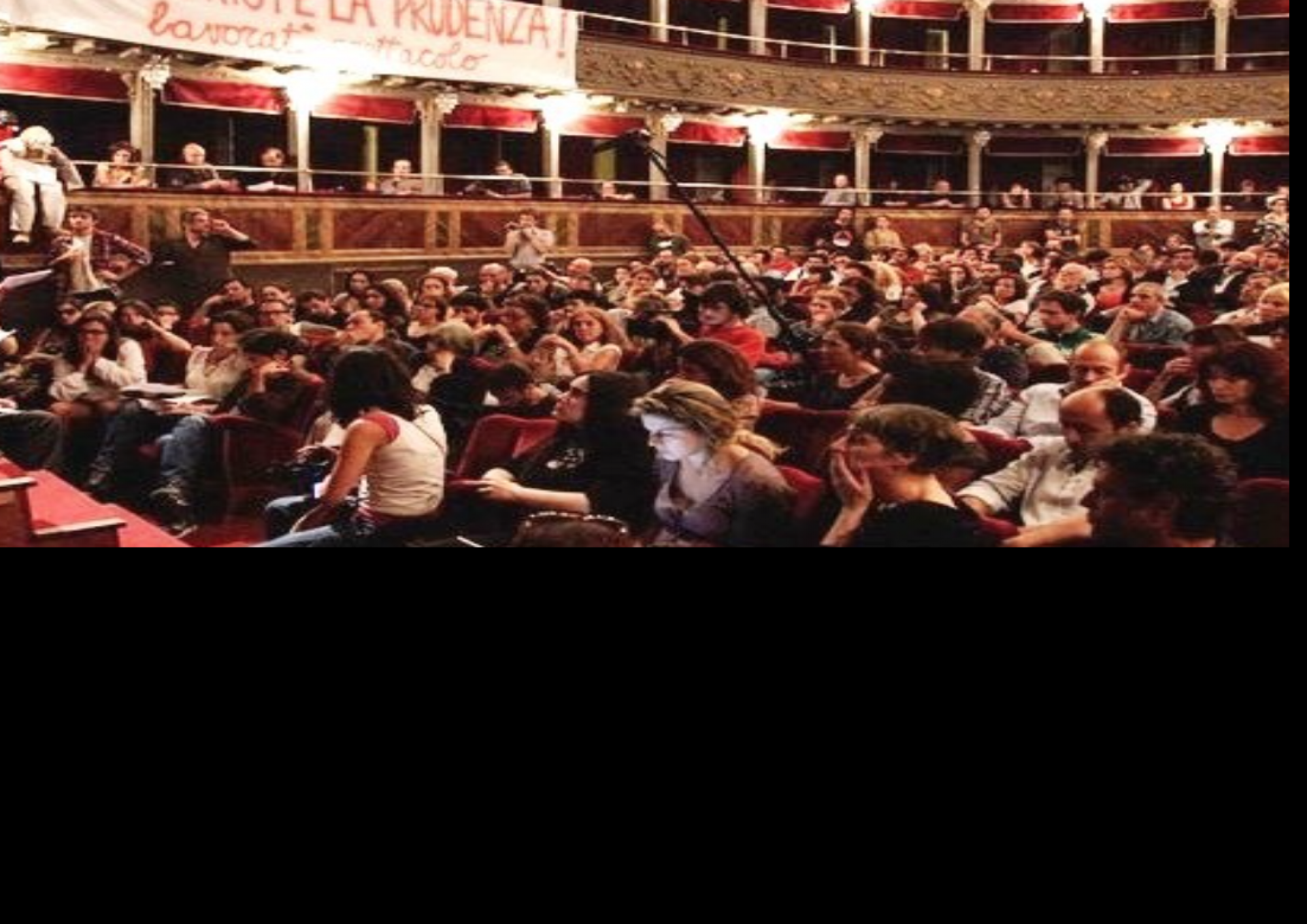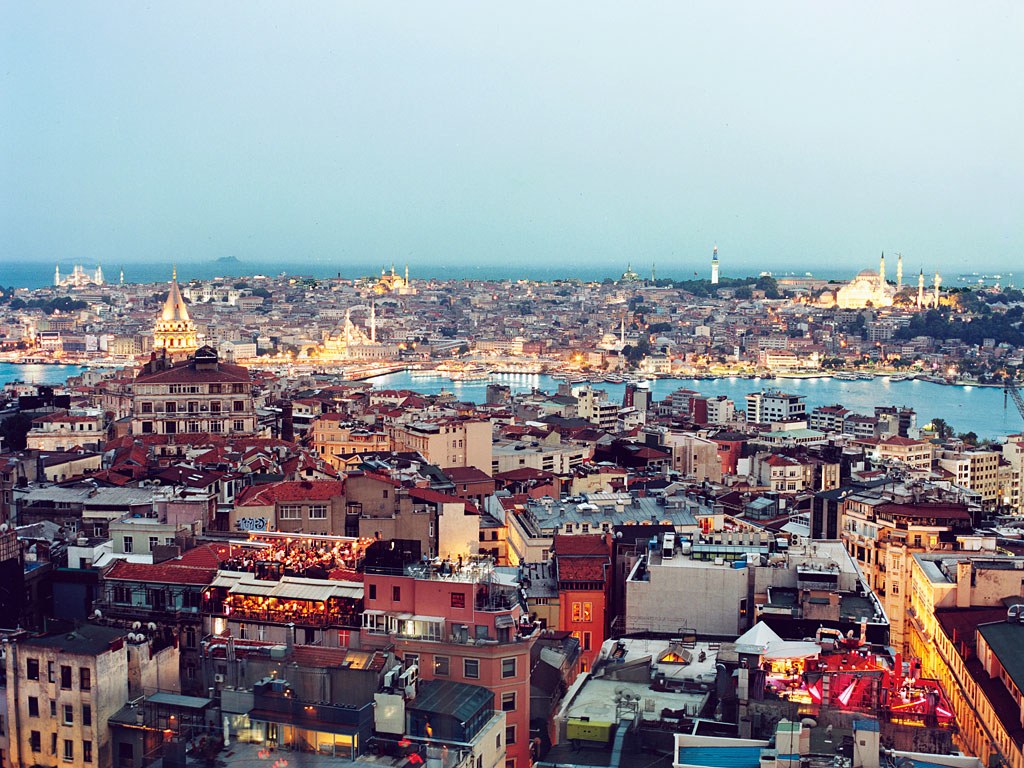COMMONING THE CITY
COMPARATIVE PERSPECTIVES FROM ISTANBUL AND BEYOND
Güldem Baykal Büyüksaraç & Derya Özkan (eds.)
This edited volume has its roots in Spaces in Common, a seminar series realized in Istanbul in the Spring of 2016, where a group of academics and activists were invited to think together about forms of urban living created through acts of commoning –spaces imagined and lived as urban commons, belonging to no one and everyone.
The proposed collection of papers similarly aims to reflect upon urban inhabitants’ commoning practices that produce and reproduce life in the city for the sake of cultivating a new ethos to sustain livelihoods and affirm communal instincts beyond motivations of profit, competition, and wealth spared for individual well-being at the expense of others. These practices develop a culture of commoning that helps imagine a city marked by alternative socio-spatial relations and practices. Such imagery is possible only with active and creative urban inhabitants immersed in cultures of commoning through their quotidian practices, be they work, reproductive labor, or leisure and festivity. It is these practices that make our spaces in common despite (and in the midst of) capitalist social relationships. We embrace the concept of urban commons as it allows us to think beyond the public-private and state-market dichotomies that are the building blocks of capitalist social formations.
Urban space is constantly subject to enclosure for capitalist profit. As a generative force for accumulation, enclosure entails dispossession in various forms: expropriation, evacuation, denying public access to a once common space, commodification of culture, etcetera. The dystopic conditions of neoliberal urbanism underlying these processes have until now received due scholarly attention. What equally deserves consideration, and yet has been less debated and undertheorized, is the very acts of commoning that escape the capitalist logic, materialize within the cracks of the capitalist system and potentially create new life-forms. This volume wants to highlight such commoning practices that are affirmative of the possibility of an urban life beyond capitalist social relationships.
We treasure practices of commoning, for they not only reveal urban inhabitants’ capacity to make the city but they also imply a radical will to remake ourselves and our lives by way of reorganizing our living spaces, redefining forms of production and labor, developing new means of livelihood, and in turn reminding us every day that we all inhabit a common life-world.
In this edited volume, we explore the extent to which urban life forms created through commoning challenge capitalist social relationships. We highlight both achievements and drawbacks. We dwell on the emancipatory potentials of these practices, as well as the incomplete or conflicting processes and incompatibilities they inhabit. We focus on cases of urban commoning while keeping an eye on their continuous enclosures. What are some of the ways in which we can imagine and sustain our ongoing everyday lives as a locus of commoning? What kinds of sensibilities and perspectives (for instance a feminist perspective) can we incorporate into our understanding of urban commons?
This volume aims to discuss these questions by bringing together case studies in different urban contexts and theoretical perspectives on emergent forms of production, consumption, exchange, and sociality, all relying on practices of commoning as their major resource.
We are calling for empirically informed and/or theoretical papers that offer refreshing perspectives on the following:
- Precarity and resistance
- Solidarity economies
- Commoning arts & culture in the city
- Commoning and law
- Commoning and affective labor in the city
- Experiences of commoning urban property
- Sustainable urban life
Please send abstracts (of 500 words) by May 1st to Derya Özkan (derya.ozkan@ieu.edu.tr) and Güldem Baykal Büyüksaraç (guldembaykal@gmail.com).

